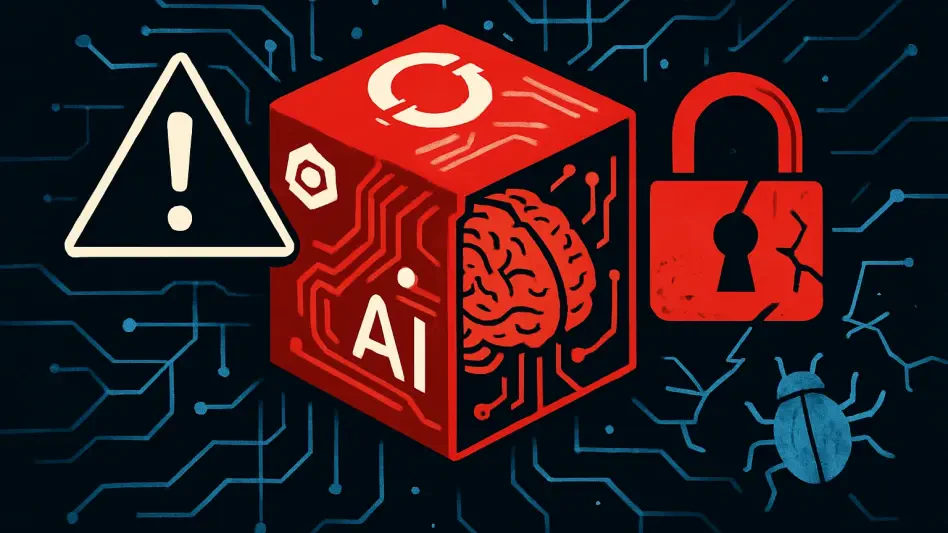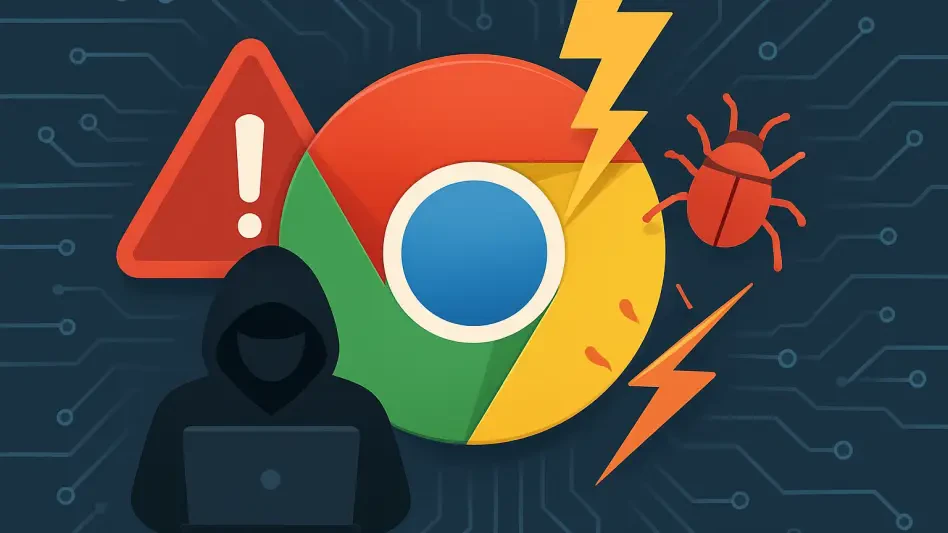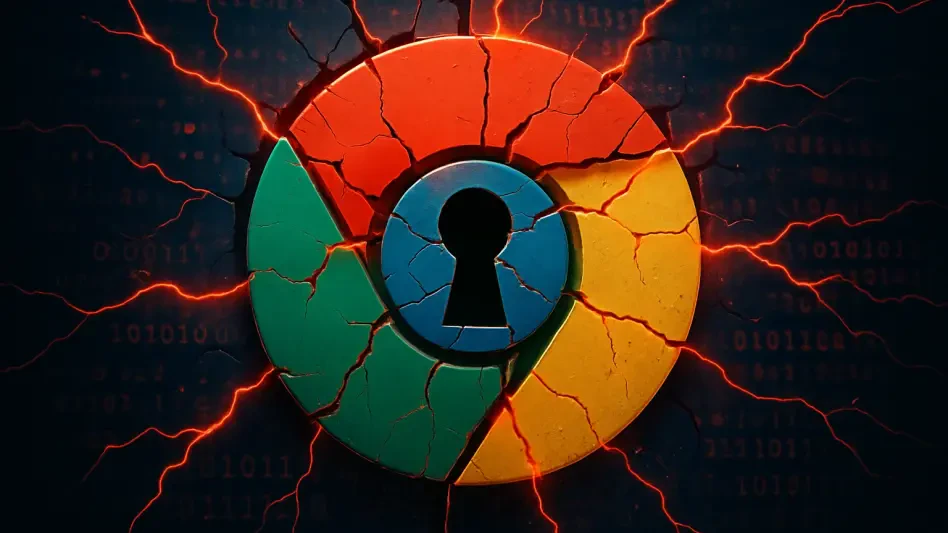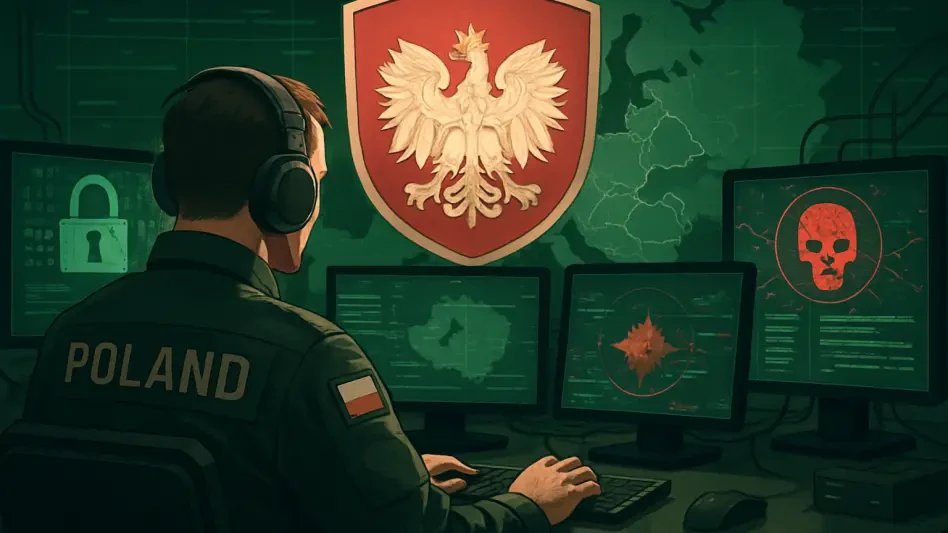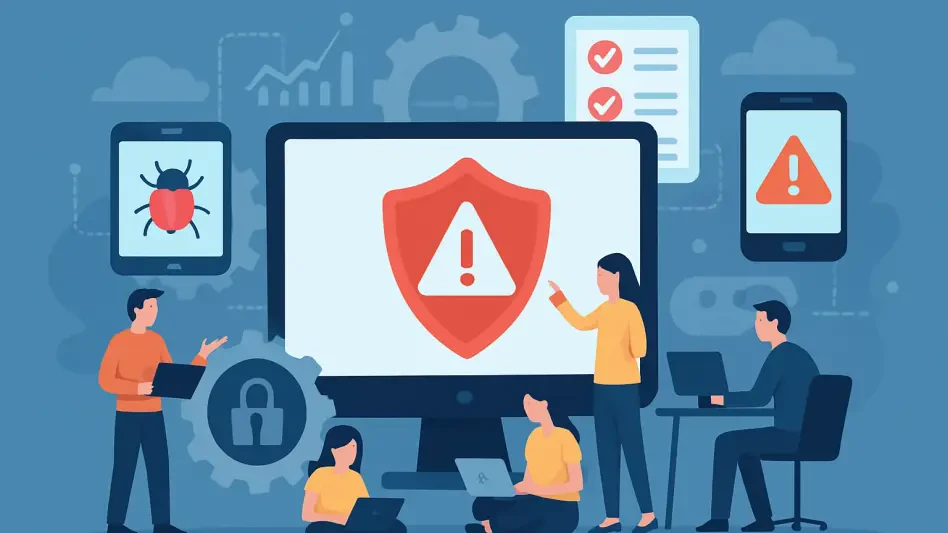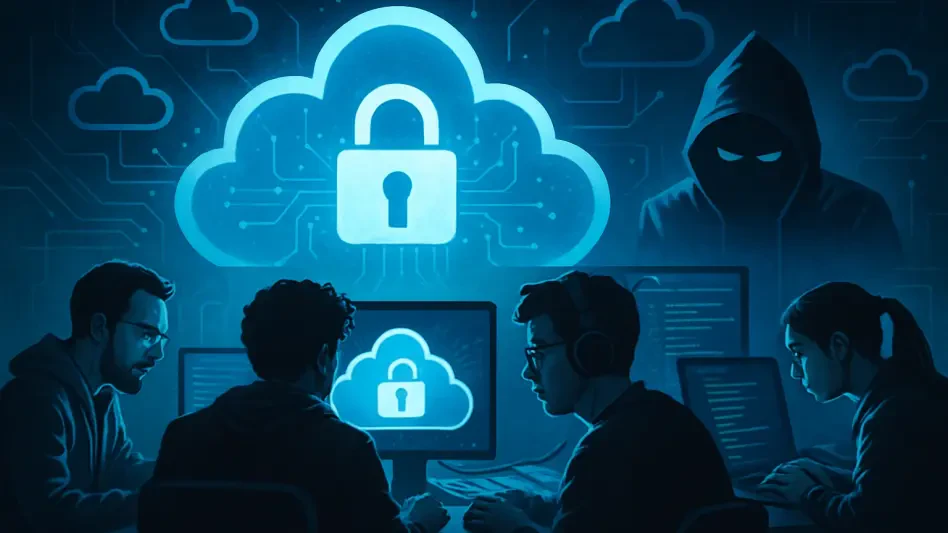The unexpected postponement of the grand final for season 25 of ESL’s DreamLeague Dota 2 event due to massive DDOS attacks demonstrates a significant risk in the modern esports landscape. This incident, occurring in the heat of an exciting best-of-five final series where Team Spirit led Tundra 2-1, forced a delay owing to serious disruptions. Notably, players from Team Spirit, including Magomed “Collapse” Khalilov and Denis “Larl” Sigitov, found themselves unable to launch the game or access the lobby. ESL, as a result, had no choice but to reschedule the remaining matches to March 4.
Vulnerabilities in Player Accounts
The Impact of Compromised Accounts
Player accounts were heavily targeted during these attacks, leading to a flood of party invites and messages designed to crash their game. Although attempts were made to switch accounts and troubleshoot the issue, recurring disruptions persisted, ultimately resulting in hours of downtime. This forced ESL to make the difficult decision to delay the final games. The incident brings to light the glaring cybersecurity vulnerabilities that still exist within esports, drawing parallels to the earlier days of the technology boom in the 2000s and 2010s when such attacks were all too common due to less secure networks.
Player and Viewer Frustrations
Players and viewers alike expressed significant frustration over the incident. For instance, Tundra support player Martin “Saksa” Sazdov openly voiced his annoyance in in-game chats, calling for better protection against DDOS attacks. This event also underscores long-standing potential issues in Valve’s Dota client, especially concerning mass invite and chat spam vulnerabilities that have plagued the platform for years. The frustration and disruption brought on by these attacks marred what was shaping up to be an electric final day of competition, impacting not just the players but also the audience’s viewing experience.
Speculated Motives and Security Concerns
The Role of Gamblers and Bettors
Fans and analysts have suggested that gamblers or bettors may be behind these DDOS attacks, aiming to manipulate the outcome of the high-stakes competition. This hypothesis has prompted a thorough investigation to identify the source and motives of the attack. The interruption tainted an otherwise thrilling day of matches, notably after Team Spirit’s remarkable lower bracket victory over PARIVISION and their dramatic game-one win against Tundra in the finals. As the investigation continues, the esports community fears that similar attacks may become more frequent if effective deterrents are not implemented.
Integrity and Security in Esports
This postponement starkly underscores the critical need for robust network security measures within esports. The integrity of these high-profile, high-stakes competitions heavily relies on robust cybersecurity defenses. The impact of such disruptions goes beyond just halting games; it affects the momentum of teams and the overall experience for the global audience. The need for stringent, advanced security protocols has never been more evident. Ensuring continuous development and implementation of sophisticated protection mechanisms remains crucial to protecting the competitive integrity and fairness of esports events.
Taking Action and Moving Forward
Addressing Technical Challenges
The events surrounding the DreamLeague S25 grand final highlight the pressing need to address several technical challenges within the esports industry. The recurring issues with DDOS attacks not only put players at a disadvantage but also disrupt the entire event flow. These technical challenges require immediate attention from game developers, tournament organizers, and cybersecurity experts to ensure long-term solutions. By collaborating closely, stakeholders can develop more effective strategies to safeguard against such attacks and minimize vulnerabilities.
Future Considerations for Esports Security
The unforeseen delay of the season 25 grand final for ESL’s DreamLeague Dota 2 tournament, due to significant DDOS attacks, highlights a considerable threat in the contemporary esports arena. This disruption took place during an intense best-of-five final match, with Team Spirit holding a 2-1 lead over Tundra. The severity of the attacks was such that players from Team Spirit, including notable figures Magomed “Collapse” Khalilov and Denis “Larl” Sigitov, were unable to load the game or join the lobby. Consequently, ESL had no alternative but to reschedule the concluding matches for March 4, reflecting the impact of cyber threats on esports. This incident is a stark reminder of the vulnerabilities inherent in the digital nature of esports, where player experience can be abruptly compromised by malicious activities. Despite the enthusiasm from fans and players for a seamless event, the reality of such cyber threats necessitates robust security measures to protect the integrity and continuity of esports competitions.


